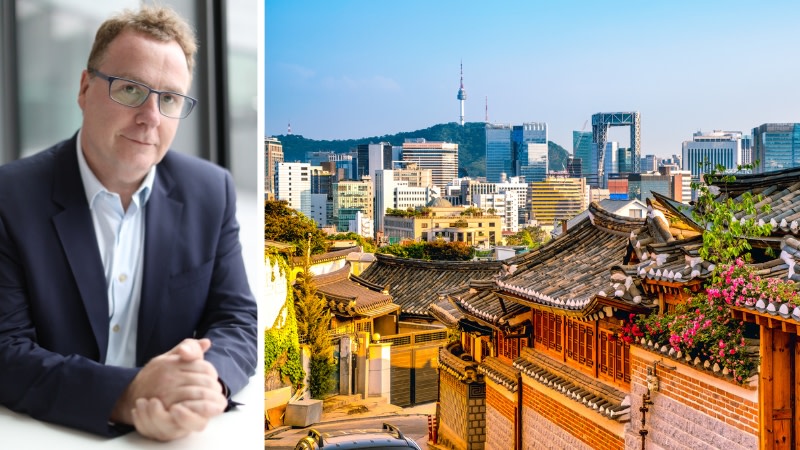CBDs ‘Still Relevant but Need Rethink’

The CBD is not dead.
But it is in dire need of a makeover to make it a thriving place to live, work and play, according to ULI Europe’s senior fellow, Professor Greg Clark.
Clark has visited more than 300 cities, has been widely published on city development and business investment and is an economist, political scientist and city planner.
Speaking ahead of the ULI Australia Summit in May, Clark said Australian CBDs needed to reinvent themselves as not just the employment hub, but also the social and cultural heartland of our cities.
“I’m fairly global in my perspective,” Clark said.
“The US is lagging behind in its return to the office. A 40 per cent return is by far the lowest of anywhere in the world.
“China is back to nearly 100 per cent, Europe is somewhere between 75 and 80 per cent, and Latin America was back to 100 per cent very quickly.”
Clark said the demise of the office was an “American story that’s pretending to be a global story”.
“The question is whether Australia will follow America, giving up the city for a cycle, or have a more unique response,” he said.

“Cities are becoming more diverse … we are in this emerging century of the city.
“I think there’s huge demand for cities but we’ve got to reinvent them so they become cultural and civic platforms as much as they are economic platforms.
“In 1980, 40 per cent of the world’s population lived in a city. In 2080, it will be 80 per cent of the population, 9.3 billion people.
“In 1980 there were 275 cities with a population of more than 1 million, in 2080 it will be 1600.”
Clark said hybridised work was here to stay but it didn’t necessarily spell the end of CBDs.
“We may find that there are more people working in the city. Digitisation has unlocked the rigidity of the five day, whether that’s face to face, or face to place, or working in other spaces,” he said.
“The key challenge for office operators or owners is how can you create demand out of the new ways of working. There will be some obsolescence in the market.”
Clark said moving to a diverse mixed-use city centre would ensure activity across CBDs every day of the week.
He said some of the most successful and vibrant cities in the world, including Sao Paolo, Shanghai and Seoul, blended office, residential, retail and civic amenities to provide a compelling city centre where people wanted to live, work and play.
The Urban Developer is proud to be a ULI Australia Summit Partner. The summit will be held May 3 to 4 in Sydney. For more details visit ULI Australia.















